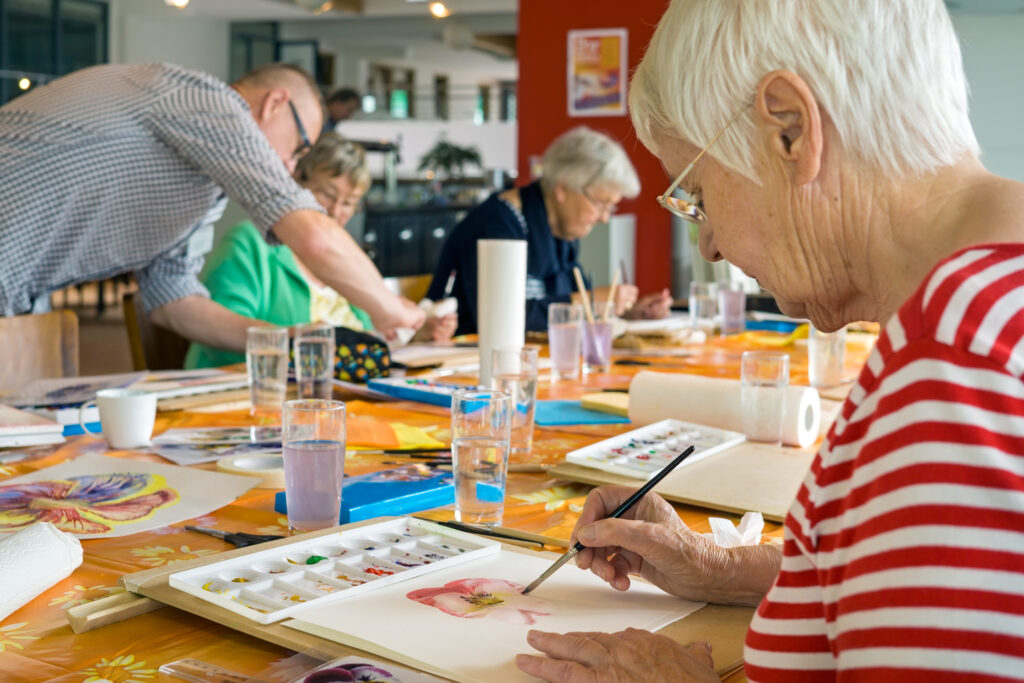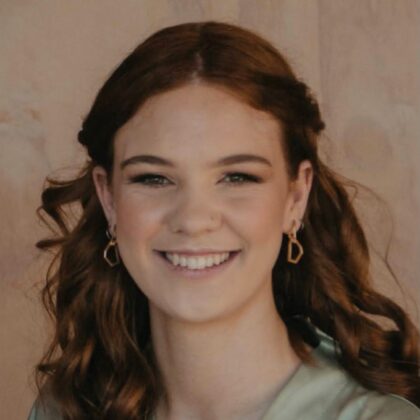'Art therapist' as protected title
Article
We have been working with the Health and Care Professions Council (HCPC) around the issue of misuse of protected title. We get lots of enquiries from members and members of the public about people using the title ‘art therapist’ or ‘art psychotherapist’ when they don’t appear on the HCPC’s Register. We asked the HCPC to explain their regulatory role, what a protected title is, how to report if someone is misusing it and what happens when a report is made.

What is the role of the HCPC?
The HCPC regulates 15 health and care professions, including arts therapists (art psychotherapists, art therapists, drama therapists, music therapists).
Our role is to protect the public by:
- setting standards for professionals’ education and training, and practice;
- approving programmes which professionals must complete to join the Register;
- keeping a register of professionals, known as registrants, who meet the standards;
- and taking action if professionals on the Register do not meet the standards.
Through our standards and fitness to practise process, the HCPC makes sure that all professionals on our Register have the appropriate knowledge, skills and expertise to practise lawfully, safely and effectively. You can read more about the HCPC standards on our website.
We also keep the public safe by limiting the use of our protected titles to HCPC-registered professionals only.
What is a protected title?
Some health and care professions have designated titles that are protected by law. These are called protected titles. One of these protected titles is ‘art therapist’.
Protected titles can only be used by appropriately qualified professionals who are registered with the relevant regulator. In the case of art therapists, the law is the Health Professions Order 2001, and the regulator is the HCPC.
Who can call themselves an art(s) therapist?
The HCPC regulates four arts therapy professions with protected titles. These are:
- art psychotherapists;
- art therapists;
- dramatherapists; and
- music therapists.
Legislation groups these protected titles under the category arts therapists (with an ‘s’). This is not to be confused with the specific profession of art therapist.
While the names are similar, it is ‘art therapist’ which is a protected title and refers to the profession practised by registered art therapists.
Because art therapist is a protected title, someone can only call themselves an art therapist if they hold the appropriate qualifications and are registered with the HCPC.
Other professionals may have completed similar training or deliver similar services to a registered art therapist, but they cannot use a protected title without meeting the appropriate standards and belonging to the designated register.
‘Arts therapist’ (with an ‘s’) is not a protected title. If someone calls themselves an arts therapist, they could be an art therapist, another arts-based therapist registered with the HCPC (such as a music therapist or dramatherapist), or someone practising a different profession not regulated by the HCPC.
If in doubt, it’s always a good idea to check that a professional using a protected title is on the appropriate register. For HCPC professions, you can check using our online Register.
What happens if someone is misusing a protected title?
Protected titles are set out in law. Article 39(1) of the Health Professions Order 2001 makes it a criminal offence for someone to use a protected title to which they are not entitled, or to otherwise falsely claim or imply that they are a registrant who can use that protected title.
As a regulator, the HCPC aims to make sure registrants keep to the law and that members of the public are protected from being misled into thinking someone is a registered professional when they are not.
If someone is misusing a protected title, this can be reported to the HCPC for investigation. Anyone can raise a concern about misuse of a protected title, including members of the public, employers, the police, other organisations and other health and care professionals.
To raise a concern about misuse of a protected title, the complaint must be made in writing to the HCPC, and should include:
- evidence of the protected title being misused (such as a brochure, advertisement, business card, invoice, letterhead or a directory entry on a website); and
- the name of the person and, if possible, their contact details.
You can find out more about the HCPC’s process for reporting misuse of protected titles on our website.
When the HCPC receives information that a designated title might be being misused, we contact the person reported to be misusing the title. We explain the law and tell them that they should not misuse the title. If there is evidence to show that the person is committing an offence, we may also send a ‘cease and desist’ notice, which sets out what action the HCPC may take if the person continues to commit the offence.
In most cases, the person is unaware of the law or has simply made a mistake. We recognise this and if they stop misusing the title as directed, no further action will be taken. If the person does not respond or continues to commit an offence, they may be prosecuted in line with the Criminal Procedure and Investigations Act 1996, which could lead to a criminal record and a substantial fine.
Find out more
You can read more about the HCPC’s professions and protected titles on its website.
